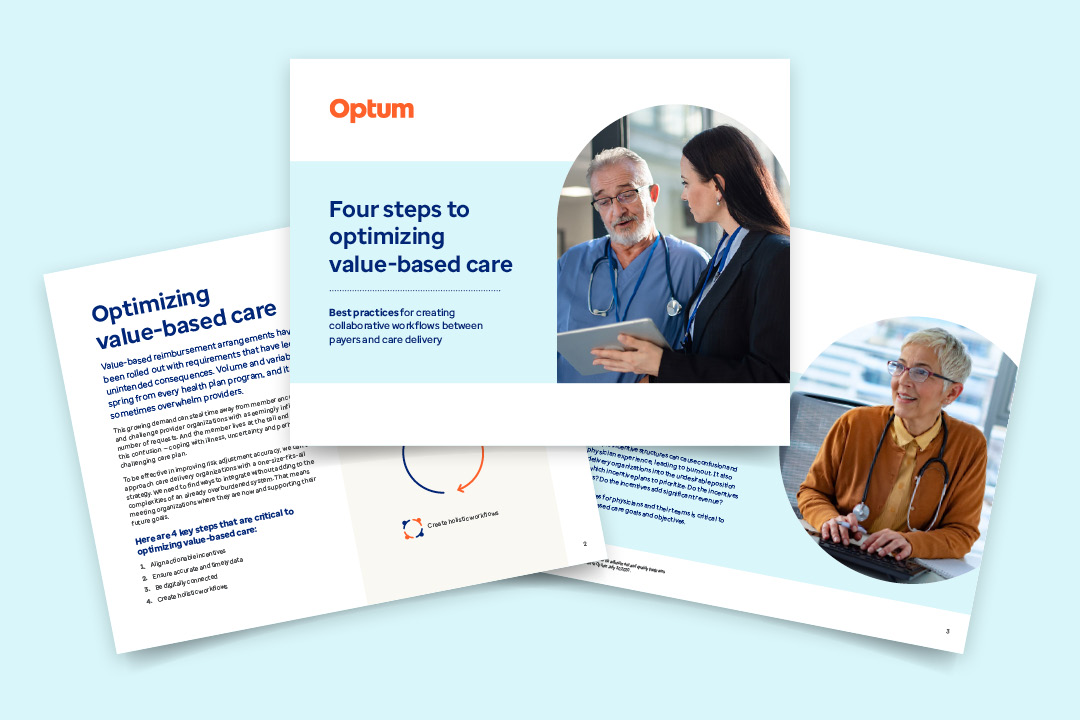6 ways that patient education supports both risk adjustment and value-based care programs
Accurate reporting of patient health status: Education helps patients understand their health conditions, treatments, and the importance of adhering to prescribed regimens. This understanding enables patients to accurately report their health status to healthcare providers, ensuring more precise risk adjustment and facilitating the measurement of quality outcomes in value-based care.
Improving patient compliance: Educated patients are more likely to comply with recommended treatments, medications, and follow-up care. Improved compliance can lead to better health outcomes, fewer complications, and reduced healthcare costs. By promoting adherence to prescribed treatments and lifestyle modifications, patient education helps risk adjustment models more accurately predict expected healthcare costs and contributes to improved quality of care.
Enhancing health outcomes: Patient education encourages patients to actively participate in managing their health and make informed decisions about their care. This can result in better health outcomes, reduced hospitalizations and lower rates of complications.
Optimizing resource allocation: Accurate risk adjustment is crucial for optimizing resource allocation and ensuring that healthcare providers receive appropriate compensation for the care of their patient population. By identifying and addressing the health needs of patients more effectively, an educated patient will utilize resources as intended, cutting down on waste as well as underutilization. Hence, patient education allows for better resource planning and allocation, supporting the goals of value-based care programs to improve patient outcomes while reducing costs.
Reducing healthcare costs: Effective value-based care programs like patient education can lead to better management of chronic conditions, early detection of health issues and prevention of complications, ultimately reducing healthcare costs. By improving patient understanding and engagement in their healthcare, risk adjustment models can more accurately predict and manage healthcare costs, contributing to the cost-effectiveness of care in value-based models.
Improving data quality: High-quality, accurate data is essential for reliable risk adjustment and measuring quality outcomes in value-based care. Patient education can help improve the quality of patient-reported data by ensuring that patients understand the importance of providing complete and accurate information about their health status, medications and treatments.



